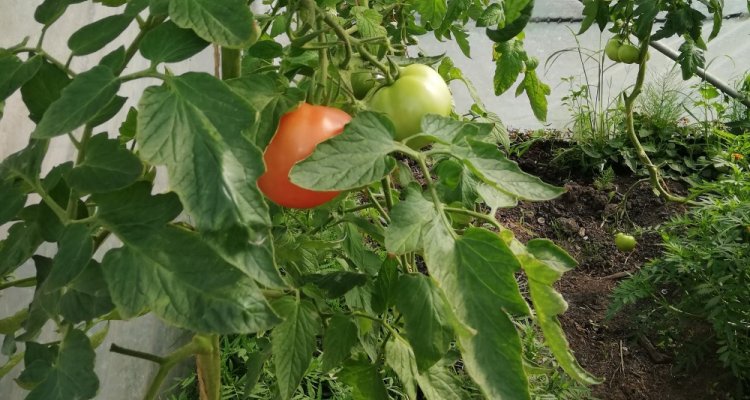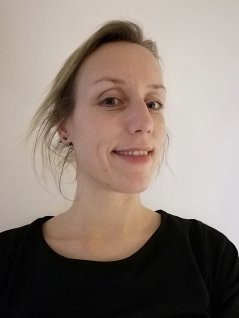
Testimonial
The project leader’s experience: a conversation with Esther Veen
Esther Veen has been an assistant professor for the Rural Sociology Group for about 5 years; before that, she worked for Wageningen Plant Research in Lelystad. That is when she started working with the Science Shop.
There’s a lot of room and creative freedom to try things, and to do whatever you want or need to create inspiring output.
How did you get involved with the Science Shop in the first place?
I initially became involved because I was working at the research institute and was looking for projects to take up. I talked to people at the Science Shop about their work and decided to become project leader.
So initially you were not drawn to the Science Shop particularly because of your interest in participatory research?

No, but I really liked it. I really enjoy working with real partners and I guess that has become more important now that I work for the university. In my previous job I was already doing work for commissioners, but now that I work for the university the Science Shop is one of my main sources for working with communities. Science Shop projects are definitely not the only way to work with real partners, but I really enjoy the projects and they give me a lot of freedom. By now I have worked in 7 projects or so, all of them completely different.
What’s your favorite part of working as a project leader?
The freedom and dynamism. Even though there is a clear plan of approach at the beginning of the project, you never really know how it’s going to work, and I really enjoy that. There’s a lot of room and creative freedom to try things, and to do whatever you want or need to create inspiring output.
And what is the most challenging part?
In a way, also the freedom and dynamism. It’s difficult to know what to expect. I’ve managed projects in which students were not interested in participating, and I had to do a lot of the work myself. That really changed my plans and what I could deliver. Also, while some thesis students work fast, others take two years to finish writing - and you can’t get results until then. Sometimes it is hard to manage the project so that all participants work smoothly together. In sum, freedom is nice, but it also means that sometimes a project doesn’t work out as planned.
What does the Science Shop bring to you as a professional? And what do you think it brings to the WUR?
It gives me an opportunity to study things I find interesting, and, as I said, with a lot of freedom. It is also fun, of course. Sometimes projects don’t have big consequences or follow up, but I enjoy the process very much. Besides that, I am able to publish as well. Working in Tenure Track it is important for me to publish, and Science Shop projects can help me do so, as they provide data.
As for the added value to the WUR, it is a great opportunity for students to work in real-life settings: in real projects with real people. They have to work with us and with the commissioner, so it’s also a way of working directly in a team. Besides, for WUR it is a form of corporate social responsibility, to do some work for society as well. And it is also a way of knowing what’s going on in society, to keep a connection.
As you know, the whole premise of the Science Shop is that we facilitate demand-driven research, and that we contribute to direct societal change. Have you actually seen that happen in your projects, do you see the results of your projects actually being used and having an impact?
Yes, it does happen. As an example, the commissioner of the last project I conducted was a group of care farmers who aimed to strengthen their sector but didn’t know how, and the project created a lot of useful momentum – partially because so many students got involved. There was of course already some momentum in the first place, because this is why the project got started, but we managed to create more, we published results in newsletters and professional journals, and there was interest for what we were doing. So the project really started to get things into motion: I think we kept the wheel going and gave it an extra swing.
Sometimes it’s simply the attention to a project that allows for things to happen. If an institution like WUR, with means and power, gives attention and gets engaged, the commissioner also gains means and power, and something bigger gets started.